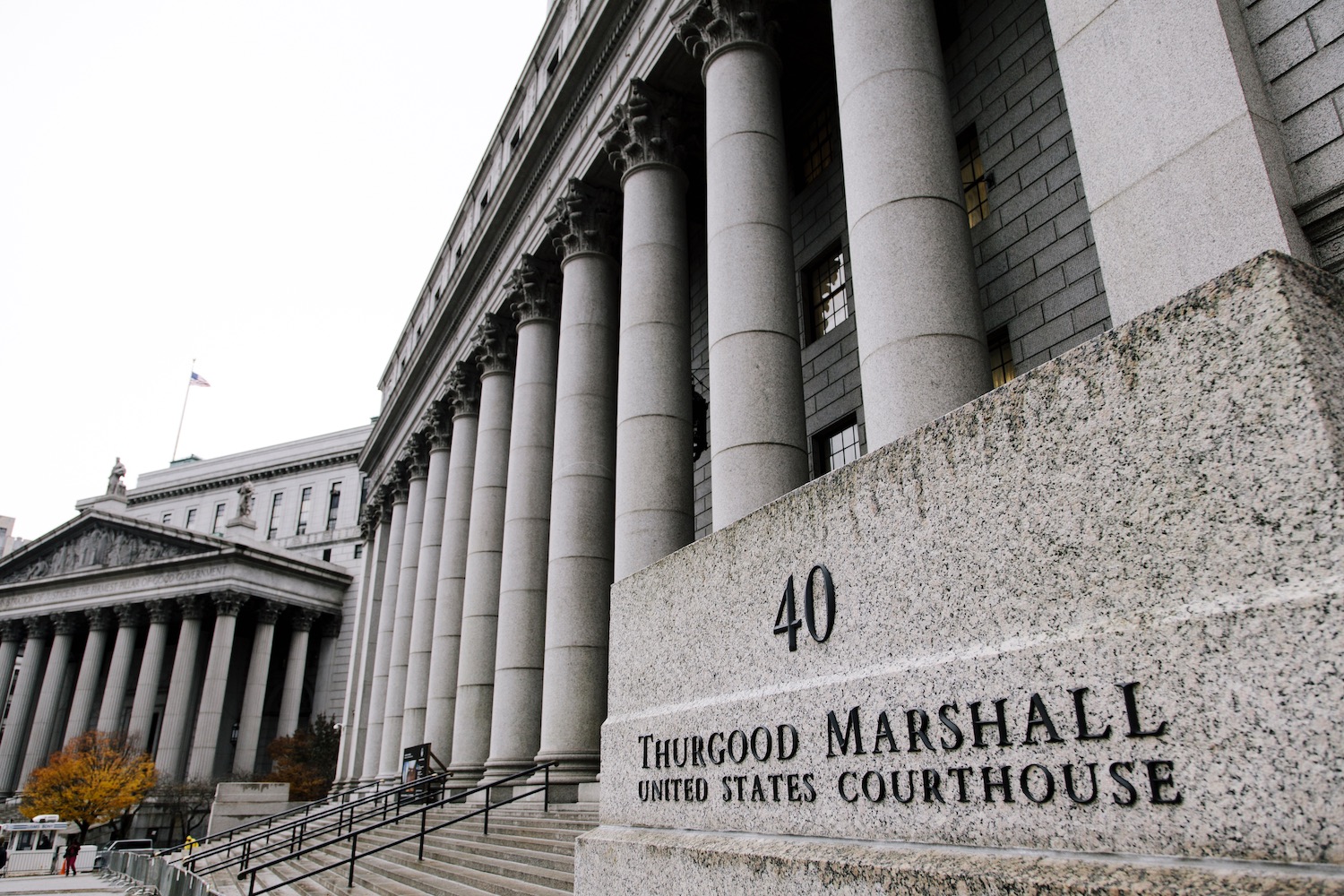Former “shadow banker” Reginald Fowler intends to plead guilty to charges of operating an unlicensed money transmission business during a court hearing Friday.
In a hearing before the Southern District of New York, Fowler, a former co-owner of the National Football League’s Minnesota Vikings, changed his original plea from not guilty, essentially admitting to providing exchanges with banking services through his alleged operations with Crypto Capital, a payment processor that served exchanges including Bitfinex, QuadrigaCX and CEX.io.
While Fowler intends to plead guilty, the prosecution and defense must first come to an agreement regarding his financial liabilities. An FBI audit shows Fowler could have banked upwards of $371 million in 50-odd bank accounts.
Fowler did not accept all the terms of the plea deal in court. Specifically, he did not consent to forfeiting all $371 million, even if the accounts do not hold the full sum.
A trial date has been set for April 27. The prosecution expects a trial lasting two weeks, while defense believes all motions can be concluded within three days.
Additional charges of conspiracy to operate an unlicensed money transmitting business, bank fraud and conspiracy to commit bank fraud were dropped, according to Inner City Press’s Matthew Russell Lee, who first reported the news.
According to Cornell Law School’s Legal Information Institute, Fowler could be sentenced to no more than five years in prison and fined. Under the terms of his agreement, Fowler will not appeal or challenge any sentence set to, or below, that length of time.
Fowler is accused of directing “the ebb and flow of significant amounts of money” from various international bank accounts, often assisting crypto exchanges in skirting know-your-customer and anti-money laundering regulations.
Fowler allegedly co-founded the payment processor Crypto Capital with Israeli national Ravid Yosef. The two are accused of defrauding financial institutions by opening accounts on the pretense of serving real-estate clients, but instead storing funds on behalf of cryptocurrency exchanges.
According to U.S. Attorney Geoffrey Berman, the Panama-based firm processed hundreds of millions of dollars over its half-decade of existence. Crypto Capital was a key financier to an industry that has had trouble securing banking relationships with legacy firms.
Yosef has been indicted but remains at large.
Crypto exchange Bitfinex reportedly lost access to approximately $850 million banked with Crypto Capital after the company’s accounts were frozen.
According to a subpoena to depose Crypto Capital executives, Fowler had opened several bank accounts holding Bitfinex’s funds under his name, rather than Crypto Capital’s, in Poland.
Crypto Capital also stored funds for clients of QuadrigaCX, at one point the largest crypto exchange in Canada.
UPDATE (Jan. 17, 21:05 UTC): This article has been updated with additional information.
Disclosure Read More
The leader in blockchain news, CoinDesk is a media outlet that strives for the highest journalistic standards and abides by a strict set of editorial policies. CoinDesk is an independent operating subsidiary of Digital Currency Group, which invests in cryptocurrencies and blockchain startups.



